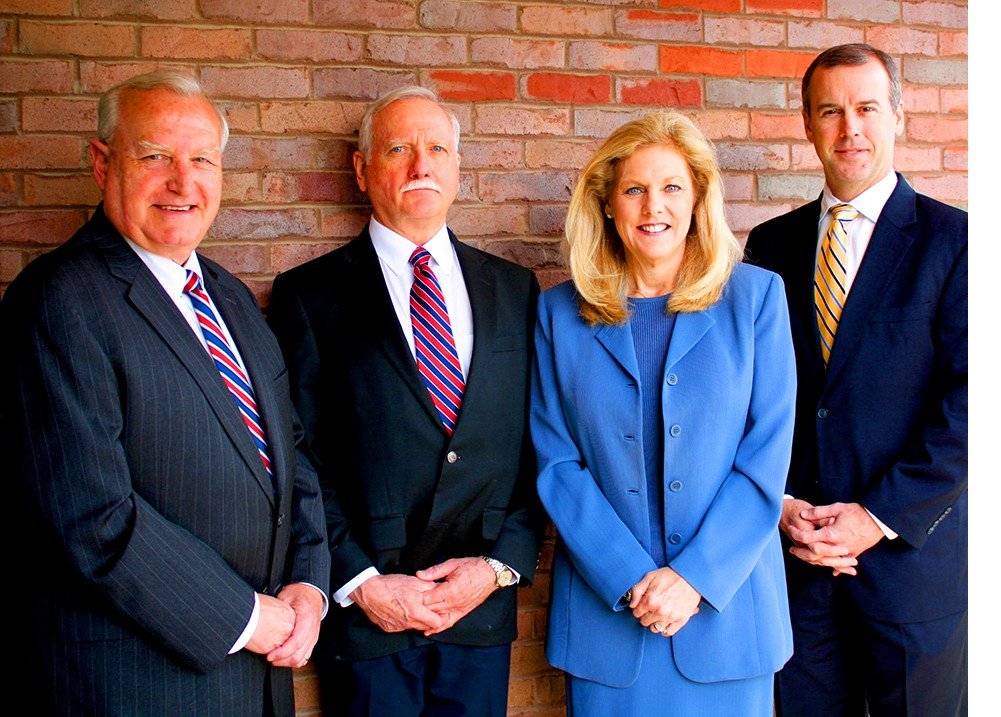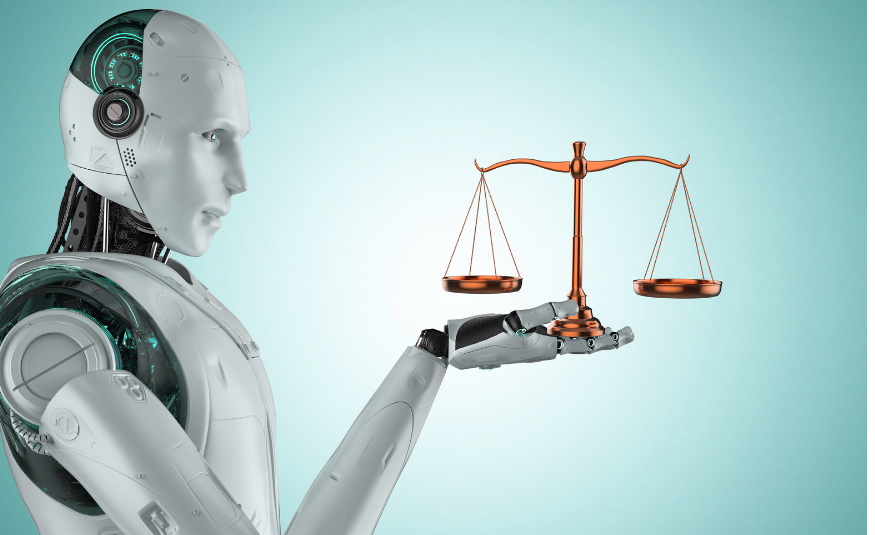The Power of Mediation in Resolving Disputes (2023)


Due to its success in settling disagreements and disputes, mediation has been widely recognized as an alternative dispute resolution method. Mediation, in contrast to traditional litigation, provides a cooperative and solution-oriented approach, enabling parties to come to amicable settlements. The effectiveness of mediation in resolving conflicts and the multiple advantages it offers to people, families, businesses, and society at large will be discussed in this article.
A neutral third person, known as the mediator, fosters dialogue between parties in disagreement during the voluntary and private process of mediation. The goal of mediation is to foster open communication, advance mutual understanding, and support the development of a solution that takes into account the interests and concerns of all parties.
Benefits of mediation over litigation
Time and money efficiency
Litigation may be a costly and time-consuming procedure. Due to the lack of protracted court processes, numerous hearings, and high legal costs, mediation offers a speedier and more affordable option. The mediator’s schedule is more flexible, and parties can save time and money.
Discretion and privacy
Contrary to public court proceedings, mediation takes place in a private, confidential setting. Parties can openly express their troubles and worries without worrying about being exposed to the world or losing their reputation. Open communication is encouraged by confidentiality, which also frees parties to explore potential solutions.
Keeping connections intact
Focusing on maintaining connections is one of mediation’s key benefits. Maintaining a functional connection is important in many situations, including those involving family matters or commercial relationships. Through mediation, parties are encouraged to cooperate, establish areas of commonality, and strengthen their current relationships. Long-term collaboration and understanding are fostered by this cooperative strategy.
The Role of a Mediator
In order to facilitate mediation and direct parties toward a conclusion, a mediator is essential. The following are some crucial facets of a mediator’s job:
Independent facilitator
As an impartial facilitator, the mediator makes sure that each party has an equal chance to voice their opinions and concerns. They uphold objectivity and foster a welcoming environment for polite communication.
Encouragement of efficient communication
A mediator encourages active listening and makes sure that everyone’s voice is heard, which helps to enhance communication between the parties. They aid in elucidating misconceptions, rephrasing sentences, and fostering understanding and empathy.
Assisting in the negotiation of a mutually agreeable arrangement
The ultimate objective of a mediator is to help parties come to a mutually agreeable solution. They direct the negotiating process, assisting parties in considering numerous choices, coming up with original ideas, and identifying points of agreement. A mediator assists parties in putting their core interests first rather than engaging in positional bargaining, resulting in solutions that satisfy the requirements of all parties.
Mediation process
An organized and thorough approach to dispute resolution is ensured by the mediation process’ typical staged structure. These phases consist of:
Read More: Immigration Law 101: A Comprehensive Guide
Initial consultation and mediation agreement
The mediator meets with the parties to explain the mediation process, its advantages, and the concepts of neutrality and secrecy. If all parties concur to use mediation, they sign a document committing themselves to the procedure.
Finding concerns and interests
Parties have the chance to voice their worries, interests, and ideal results at the next stage. Each side may completely comprehend the other’s point of view thanks to the mediator’s facilitation of effective dialogue.
investigating potential solutions
In a cooperative brainstorming session, the parties examine numerous choices and potential fixes. The mediator supports the parties in coming up with solutions that serve their fundamental interests by fostering creativity and new thinking.
Read More: The Ins and Outs of Bankruptcy Law (2023)
Getting to a resolution
After identifying viable solutions, parties start negotiating under the mediator’s direction. They collaborate to hone and complete an agreement that takes into account their requirements and worries. If desired, the mediator makes sure the agreement is understandable, succinct, and sound legal.
Mediation in various contexts
Family conflicts
Family problems, such as divorce, child custody, and inheritance disputes, have shown to be particularly amenable to mediation. Mediation aids families in coming to agreements that prioritize the best interests of all family members by promoting open communication and cooperation.
Workplace disputes
Mediation can assist in resolving disputes at work between coworkers, supervisors, or between labor unions and employers. Improved relationships and increased productivity are fostered via mediation, which supports a supportive and constructive work environment.
Business discussions
The use of mediation to settle conflicts between businesses, partners, or stakeholders is growing in commercial contexts. It enables parties to preserve secrecy, safeguard crucial business links, and identify win-win solutions that satisfy their business goals.
Legal squabbles
In the judicial system, it is becoming more and more valued as a technique. Since it can result in quicker, more affordable remedies than formal litigation, courts frequently encourage parties to try it before moving forward with it. Small claims cases, personal injury claims, and legal conflicts can all benefit greatly from it.
Success stories of mediation
Numerous success examples show its effectiveness of it in settling difficult cases with high stakes. Here are a few noteworthy examples:
Settling difficult family disagreements
Mediation has assisted families in settling contentious family issues regarding inheritance or eldercare and avoiding protracted and emotionally taxing court fights. Families have been able to maintain connections while reaching fair and lasting results because of mediation’s room for open dialogue and group decision-making.
Resolving prominent business disputes
High-profile business disputes have been successfully resolved through it, which has helped businesses avoid substantial time, financial, and reputational harm. The parties have successfully settled problems over contract violations, intellectual property infringement, and shareholder disputes by having a productive conversation and using these approaches.
Conclusion
Encouraging open dialogue, maintaining connections, and enabling parties to come to their own decisions, it has tremendous potential to resolve conflicts. It offers advantages over litigation and arbitration, including efficiency in terms of both time and money and the fostering of understanding. The success of mediation is influenced by the mediator’s function as a neutral facilitator and by their use of efficient communication methods.
Family problems, workplace confrontations, commercial discussions, and legal issues are just a few situations where it may be used. Success examples demonstrate the benefits of mediation, from resolving difficult personal disagreements to resolving high-profile commercial disputes.
The settlement process is greatly aided by effective mediation strategies including active listening, coming up with choices, and emotion management. These strategies are used by mediators to assist parties in resolving disputes and navigating conflict.
Although it differs from arbitration and litigation in strategy and results, it has special benefits including flexibility, maintaining relationships, and being more affordable. To offer specialized resolutions to complicated issues, it can occasionally be supplemented with other strategies, such as collaborative law or hybrid methods.
FAQs
What is the typical duration of mediation?
The intricacy of the dispute and the parties will to find a settlement affect the length of the mediation. While some mediations may be finished in a few hours or days, others could need numerous sessions spread out over a few weeks or months.
Is it enforceable in court?
A legally binding decision cannot be reached via it alone. However, if a settlement is reached during it, the parties may opt to formalize their agreement into a binding contract or request judicial approval.
What credentials are a mediator need to have?
The majority of mediators have received specialized training in conflict resolution and mediation methods. They may be certified or members of organizations dedicated to professionals. It is crucial to work with a trained and skilled mediator who can efficiently steer the process.
Are all disagreements eligible for mediation?
A variety of disagreements, including those involving family, the workplace, business, and the law, can be resolved through it. However, it might not be the best course of action when there is a major power disparity or when one side refuses to engage in sincere talks.











